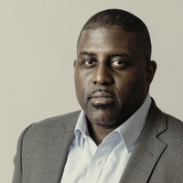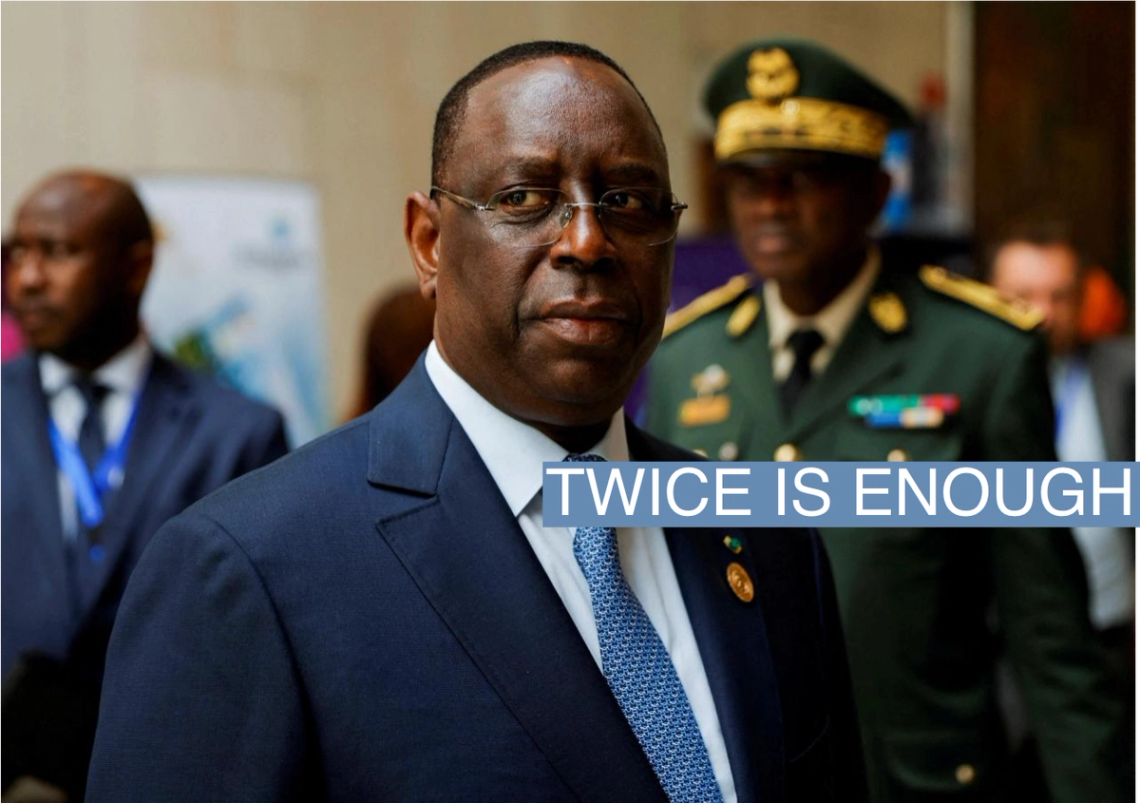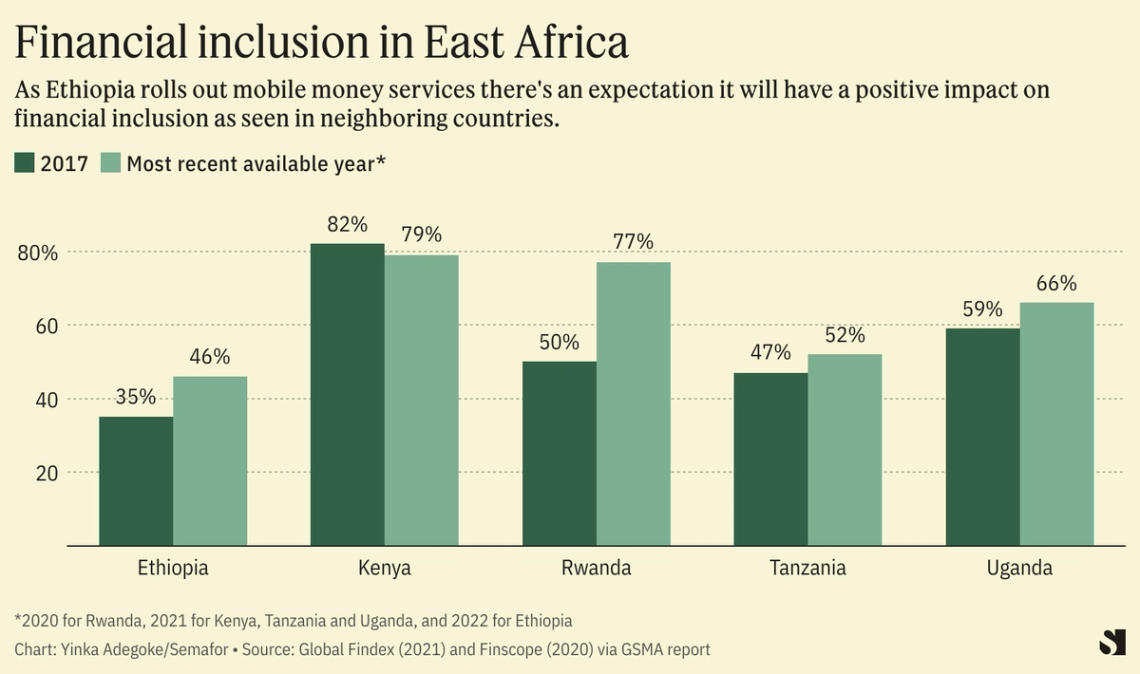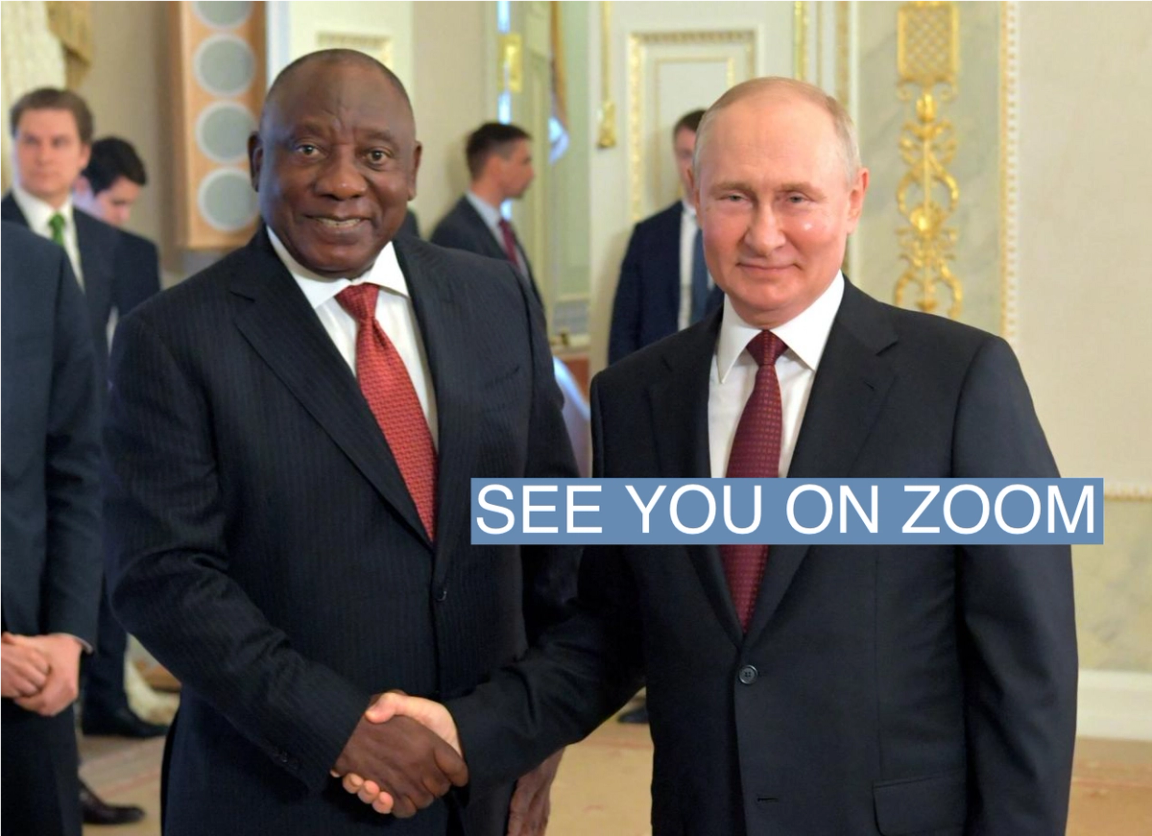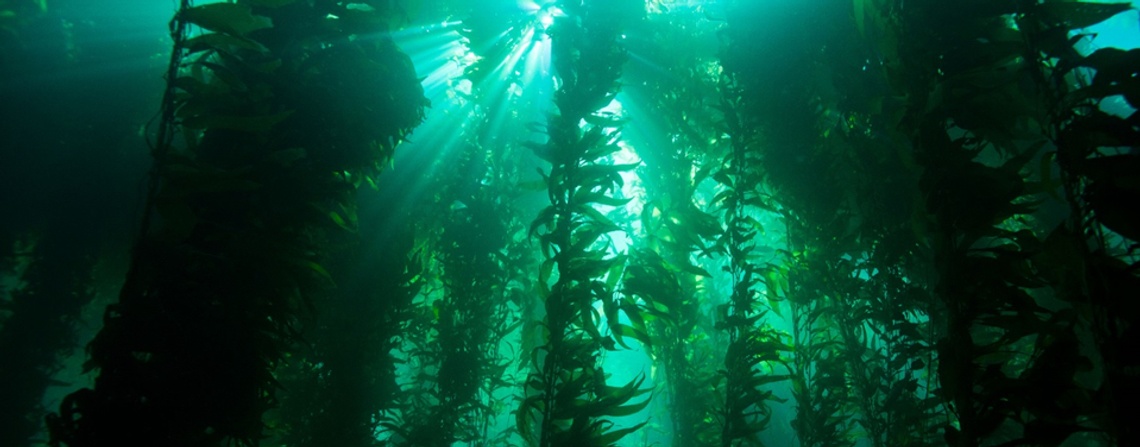THE NEWS 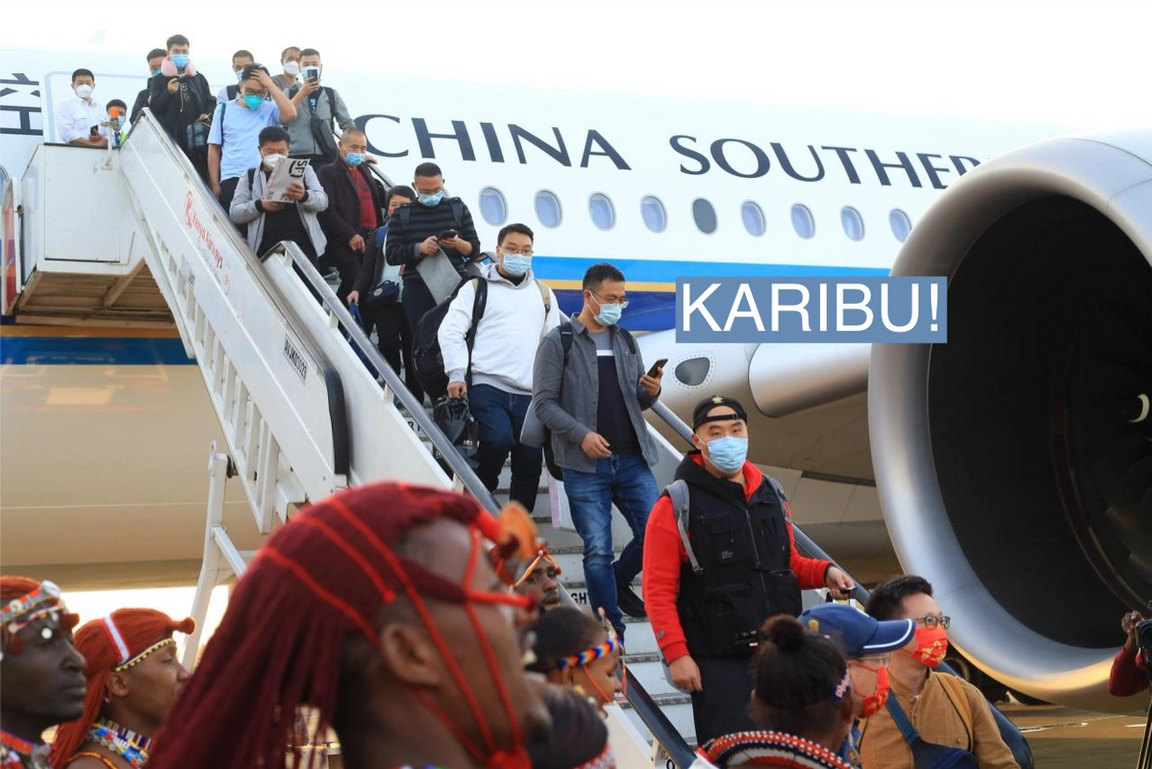 Courtesy: Kenya Tourism Board Courtesy: Kenya Tourism BoardNAIROBI — Kenya, Tanzania, and South Africa are leading a charge by African countries to reinvigorate their post-pandemic tourism markets by targeting the Chinese travel market. The three countries, along with Egypt, were among the first popular destinations for Chinese visitors after the Asian giant relaxed two-year-old pandemic rules to allow its citizens to travel for tourism in February. All three countries have been implementing long-term strategies — including resuming direct flights to China, relaxed e-visa requirements, direct marketing in China through embassies and travel agents — and investing heavily to woo Chinese tourists. Kenya is expanding its focus to reach more Chinese visitors by marketing through travel agents, partnerships with airlines and tour operators, and social media platforms, according to John Chirchir, acting chief executive of Kenya Tourism Board. There’s a particular focus on WeChat, Mafengwo, Weibo, and Douyin, the China-based sister video channel to TikTok. Chirchir said Kenya recorded 8,000 arrivals between January and April this year compared to just under 6,000 for the same period last year. KNOW MORE In 2022, Kenya earned $2.13 billion in income from tourism after a surge in visitors as COVID restrictions eased around the world, according to the tourism board. The ministry has forecast Kenya could recover to 2019 tourism numbers by 2024. 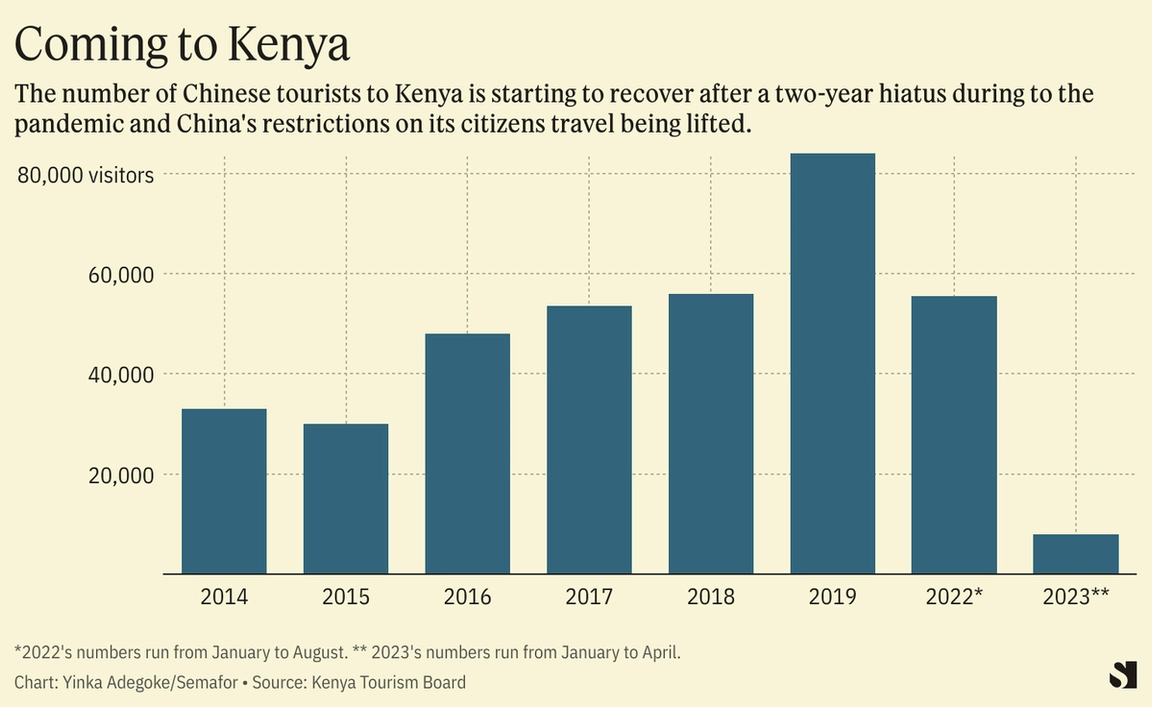 Similarly, South Africa has targeted job growth with the resumption of Chinese tourist activities in the country, said Nomasonto Ndlovu, chief operations officer of South Africa Tourism. She told Semafor Africa that with additional direct flights resuming from China to Johannesburg, for example, the country projects to receive around 8,000 Chinese tourists per month later this year. This would bring it back to 2019 levels when South Africa received 94,000 visitors from China. MUCHIRA’S VIEW African tourist markets are focused on the vast Chinese markets as part of a wider effort to overcome difficult economic environments. Jobs and foreign exchange earnings have yet to recover after the global pandemic, and many countries are grappling with extended economic downturns exacerbated by the fallout from Russian invasion of Ukraine. Although tourism usually accounts for less than 10% of GDP in most of the larger African economies, aside from Tanzania (17%), it punches above its weight as a contributor to foreign exchange earnings. Local travel companies are taking it upon themselves to promote their countries on the ground in China rather than just hope for visitors. “That makes it possible to cast the net wider as we showcase Kenya’s tourist attractions,” said Darlene Anjimbi, a tour manager at Kenya China Travels and Tours. Much of the long-term tourism business in Africa has traditionally targeted Europeans and North Americans in terms of everything from the types of entertainment offered to familiar languages and cuisine at hotels and on tours — and they still dominate in visitor numbers. In Kenya for instance, travelers from the United States alone accounted for over 12% of international visitors last year.. A big part of the attraction with Chinese tourists coming to Africa is the fact that it can resume being a fast-growing sector of the market even though it’s still small today. The potential is huge with hundreds of millions of middle class Chinese visitors eager to see the pyramids of Egypt and go on safaris in East and southern Africa. ROOM FOR DISAGREEMENT Tapping into the Chinese travel market and increasing foreign exchange is less about the number of Chinese tourists who visit Kenya and more about their spending power, argues Peter Masila, a tourism lecturer at Moi University in Eldoret, Kenya. He said the government should shift its focus from increasing visitor numbers and instead target well-heeled tourists with holiday packages tailored to their interests. VIEW FROM TANZANIA Tanzania’s tourism minister, Mohamed Mchengerwa, said in May the country needed “visitors from all over China to boost our tourism sector.” The country’s tourism board estimates that more than 45,000 Chinese tourists will visit by the end of the year. It would likely be less than 3% of the 1.5 million visitors Tanzania had last year who contributed to a tourism industry that accounts for nearly a fifth of the country’s GDP and as much as a quarter of foreign exchange earnings. NOTABLE - Tanzania has been working on strategies to boost the number of its Chinese visitors, writes the South Morning China Post.
| 
